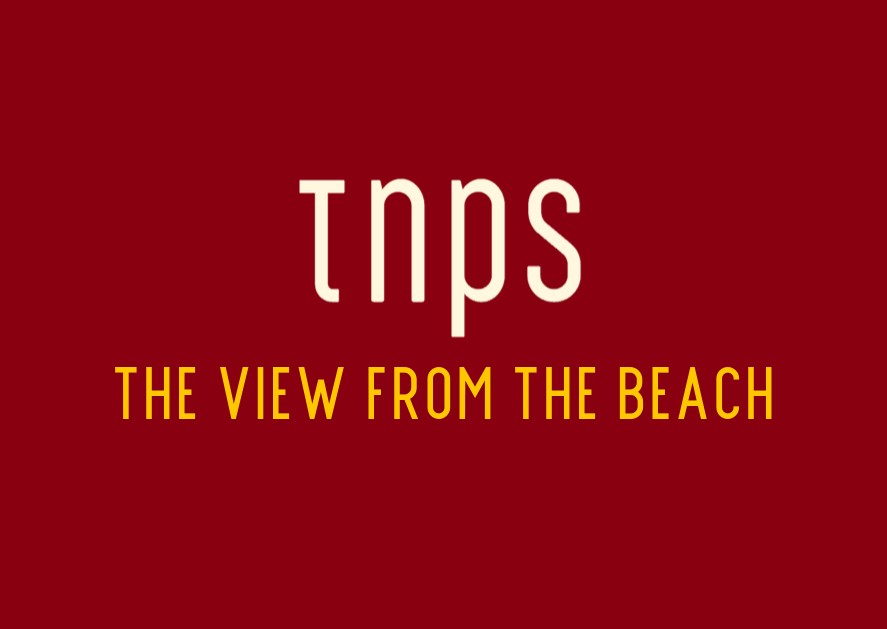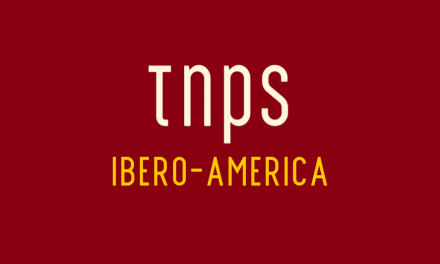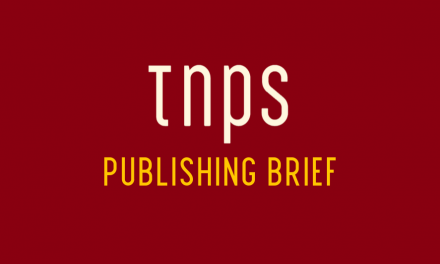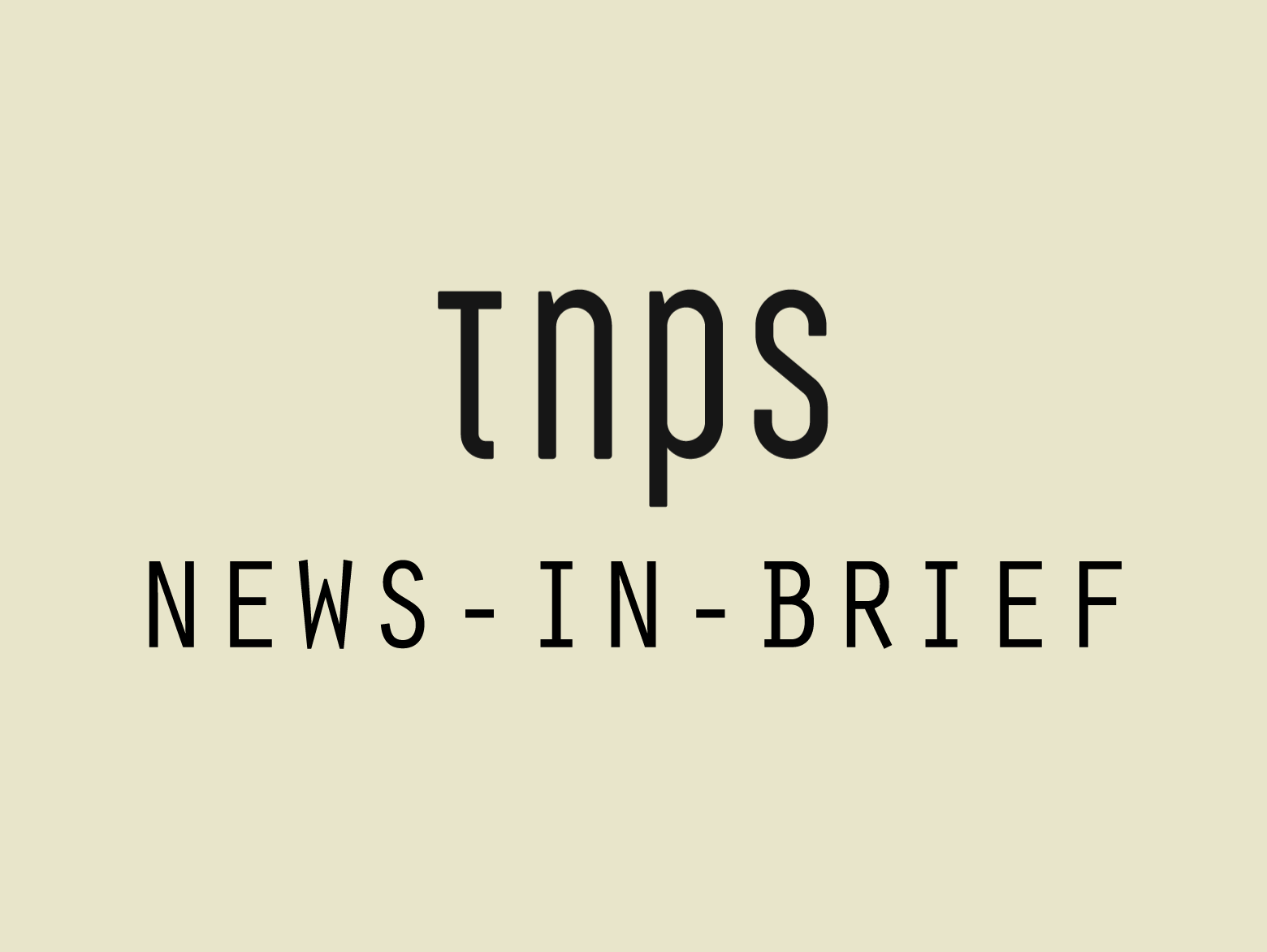It wasn’t so very long ago when there was no audiobook market in the Nordics. The reason was simple. No-one published audiobooks, therefore nobody read audiobooks, therefore no-one published audiobooks, therefore… Then came this crazy idea that maybe markets don’t exist in a vacuum.
It’s been almost three years since I last covered the Portuguese-language Oceanos Award – not because they are of little interest but because I try not rehash routine publishing industry press release news unless there is a bigger picture angle.
Today, as three years ago, the bigger picture is the reminder that the Lusophone markets are much more than just Brazil and Portugal, and that opening up these markets is a classic chicken and egg problem.
With a population of 210 million, 153 million of which are online, it’s no surprise that publishers take a keen interest in Brazil, while Portugal itself, albeit with only 10 million people of which 8 million are online, is an easy-access European market with language overlap with its much bigger former colony.
For the 2021 Oceanos Award the jury has, impressively, read some 1,835 entries, arrowed down to 54 titles by 34 different publishers mainly from Brazil and Portugal, but also from other Lusophone countries.
Novels made the shortlist from Angola, Mozambique, Cabo Verde and also from East Timor in Asia.
Not here to run through the list – you can find full details over at the Brazilian publishing trade journal PublishNews. Just to add that, per PublishNews, Oceanos is launching a podcast on Spotify for those who can follow Portuguese and want to know more.
But stepping back, while Brazil and Portugal offer relatively mature book markets with easy access, the other Lusophone markets ought not to be dismissed out of hand, especially in the Pandemic era when digital has necessitated publishers and consumers everywhere reevaluate their production and consumption strategies.
Cabo Verde, with a population of 560,000 and only 3,500 of those online might seem of no interest to publishers, and likewise East Timor, with 1.3 million people and only 515,000 people online.
But spare a thought for Europe’s Iceland, with a population of just 340,000 yet that is also a thriving book market, both print and digital.
With that in mind Mozambique’s 32 million people and the 34 million in Angola suddenly become more interesting. And if you were wondering, the online numbers are 6.5 million for Mozambique and 8.9 million for Angola – in both cases that’s more people online that in those other vibrant Nordic markets of Denmark, Finland and Norway.
Be under no illusions, these “minor” Lusophone markets are not easy to access and for print there are myriad hurdles to be surmounted to make these markets worthwhile.
But digital changes everything, and as we are seeing around the globe it’s often the classic chicken and egg problem, but with an elegant solution.
I’ll leave you with this weekend thought about the Nordic markets.
It wasn’t so very long ago when there was no audiobook market in the Nordics.
The reason was simple. No-one published audiobooks, therefore nobody read audiobooks, therefore no-one published audiobooks, therefore… The classic chicken and egg conundrum.
Then platforms like Storytel and publishers like Saga Egmont came along with this crazy idea that maybe markets don’t exist in a vacuum but are created by providing the product and the platform.
This year we’re seeing that exact same development in Romania, where a non-existent digital books market is coming into existence.
Which came first? The publisher or the platform?
Neither. It takes two to tango.





